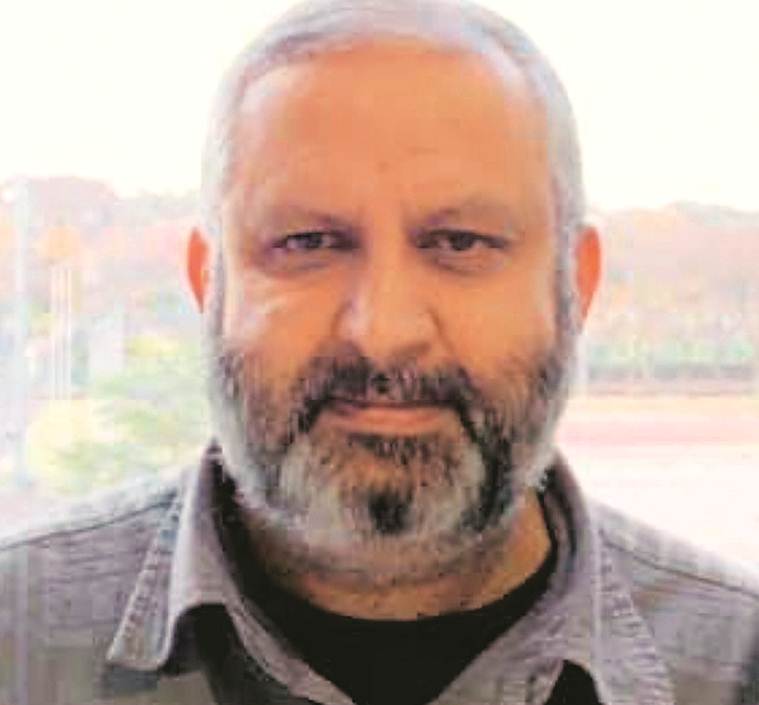 The Indian athletes’ preparation for the Tokyo Olympics, to be held from July 24 to August 9, is likely to extend beyond the field of play.(File)
The Indian athletes’ preparation for the Tokyo Olympics, to be held from July 24 to August 9, is likely to extend beyond the field of play.(File)
Listen, don’t just speak. Don’t mistake politeness for “openness”. Learn how to bow, and remember when to bow. Avoid eating while using public transport. Get used to eating the bento, Japanese-style packed meal.
The Indian athletes’ preparation for the Tokyo Olympics, to be held from July 24 to August 9, is likely to extend beyond the field of play. And these are some of the points they will have to bear in mind while competing at the Games.
The Sports Authority of India (SAI) and Indian Olympic Association (IOA) have invited professors from a Japanese university to sensitise the athletes and their support staff to the country’s culture.
“Indian athletes are used to travelling abroad, but they may not be used to visiting Japan, which is unique in many ways,” said Randeep Rakwal, a professor at the University of Tsukuba, who will conduct the sessions with his colleagues. “So, it is important for them to understand the country’s culture, especially for those who will be staying in a host town, like the archery team.”
 Randeep Rakwal teaches at the University of Tsukuba. (File)
Randeep Rakwal teaches at the University of Tsukuba. (File)
While the Games will begin on July 24, several Indian athletes are expected to reach Japan for acclimatisation several weeks before that. The archers, for example, will make Kurobe — about 400 km from Tokyo — their home in the weeks leading to the Olympics. Weightlifters will train at the Nippon University in the Japanese capital while boxers are likely to set up a base camp in Hiroshima.
“We will educate them on how to behave with the general population, especially women, from the moment they step out of the airport. People here are very polite. That politeness should not be mistaken for openness. It is important to not take anything for granted,” said Rakwal, a Delhi-born Japanese resident.
Rakwal, along with the rest of the university team, will conduct two sessions — in New Delhi on February 27, and at the National Institute of Sport in Patiala two days later — which will cover various topics: from their conduct within and outside the Athletes’ Village to the traditional way of greeting people, using chopsticks for meals and even laws on jaywalking.
But the primary focus, said Rakwal, will be on omotenashi, the Japanese philosophy on hospitality. Omotenashi, said Rakwal, centres around the principle of politeness. “The tone of the voice is important; you don’t speak loudly and when you are using public transport, you hardly hear the noise of people talking. Politeness is an art in Japan. It is about listening, and not speaking too much. So the athletes and staff should not be impolite. The politeness has to be reciprocated,” said Rakwal, 51.
Barring one or two instances in the past, the Indian contingent has not had run-ins with local authorities at multi-discipline events. At the Olympics, the 100-odd athletes expected to qualify are likely to spend most of their time in a relatively sheltered environment inside the Village.
“Still, they will have to interact with locals, whether at the airport, while travelling within the city, or even at the stadiums, where the volunteers and dope-control officials could be Japanese. The athletes will be ambassadors of the country. So we thought it is important for them to know the customs of the country they are going to,” said a Sports Ministry official.